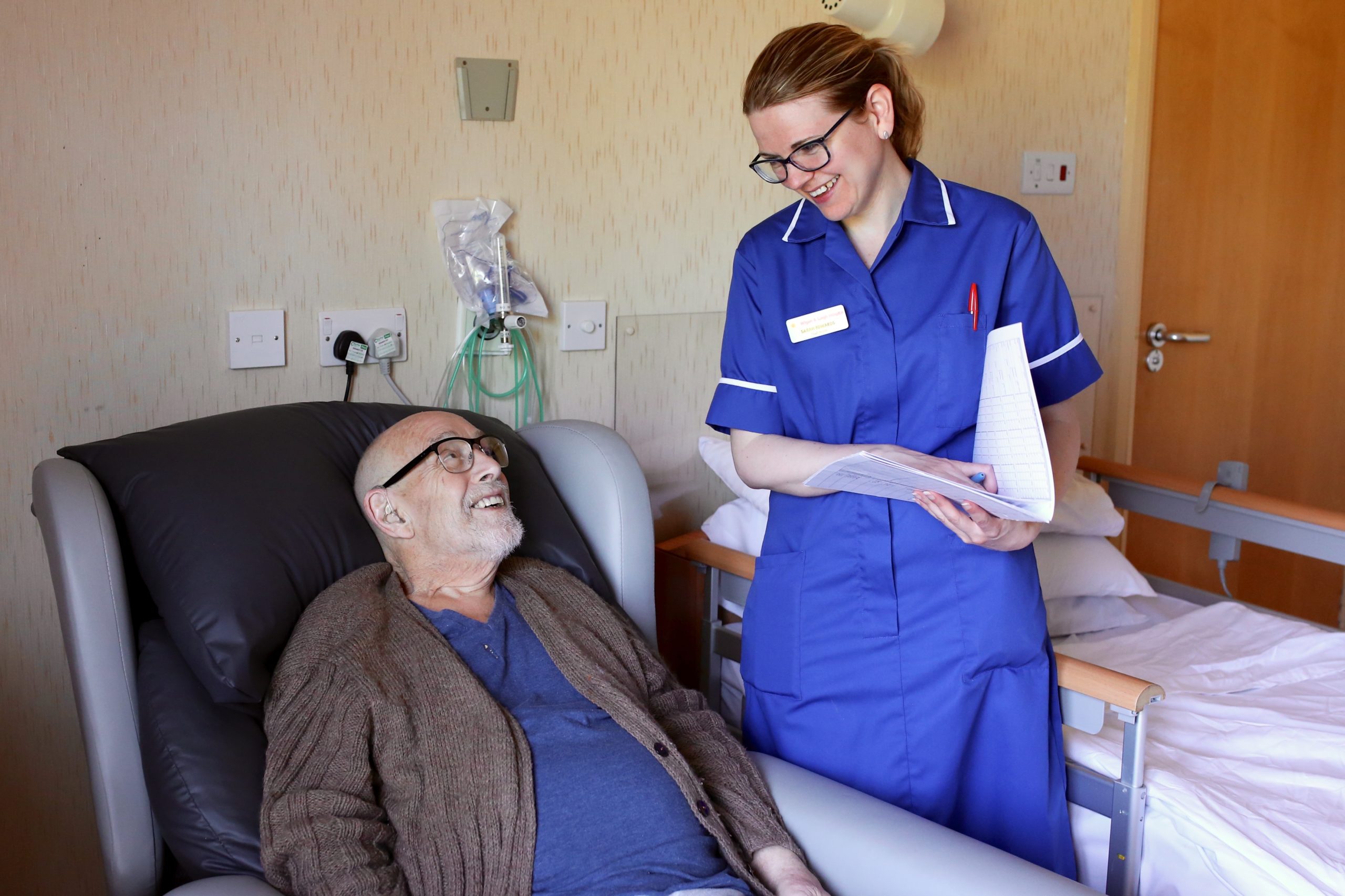One of the aspects of our role as health and social care professionals supporting people with life-limiting illnesses is to discuss your future care.
We encourage our patients to discuss their preferences regarding the type of care they want to receive and where they wish to be cared for.
Often people are reluctant to discuss this but when completing an ACP find that they can take comfort from knowing that their healthcare professional, friends and family know what their wishes are.
The outcomes of such discussions may then need to be documented, regularly reviewed and communicated to other relevant people, subject to the individual’s agreement. This is the process of Advance Care Planning (ACP).
Making plans for your future care
An ACP is ‘a process of discussion between an individual and their care providers irrespective of discipline’.
The difference between ACP and planning more generally is that the process of ACP is to make clear a person’s wishes for when they are at the end of their life. It is helpful to do this early on in case of loss of capacity to make decisions and/or ability to communicate wishes to others.
When we discuss an ACP with you we will write down your wishes, regularly review them and tell the key people involved in your care.
Your family and friends may be included in these discussions if you wish.
Examples of what an ACP discussion might include are:
- Any concerns you might have
- Your values or personal goals for care
- Your understanding about your illness and prognosis
- Your choices around types of care or treatment that may be beneficial in the future and the availability of these
Read more about the work our Hospice in your Care Home team is doing to promote ACPs in care settings in this article written by the team manager, Debbie Jones.
